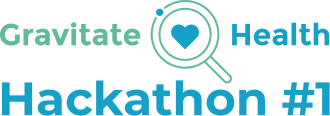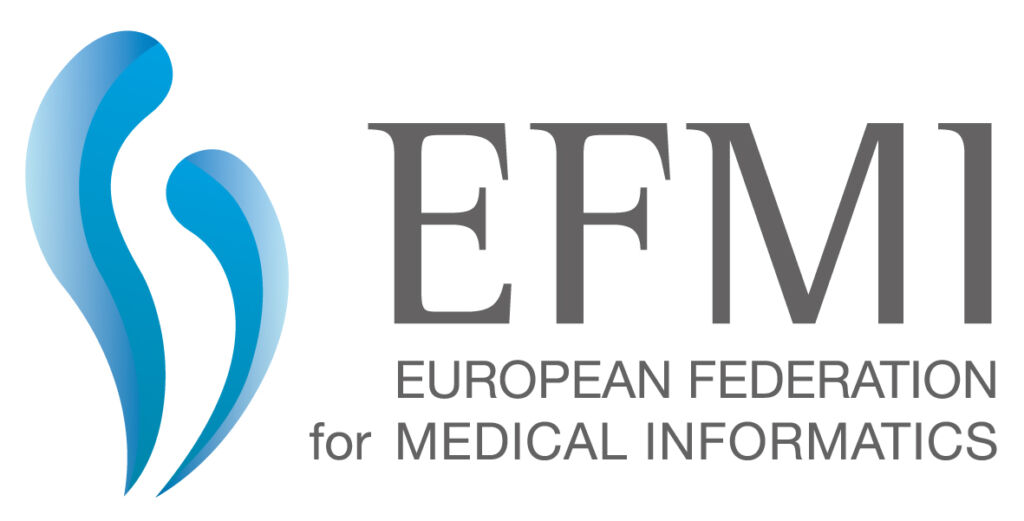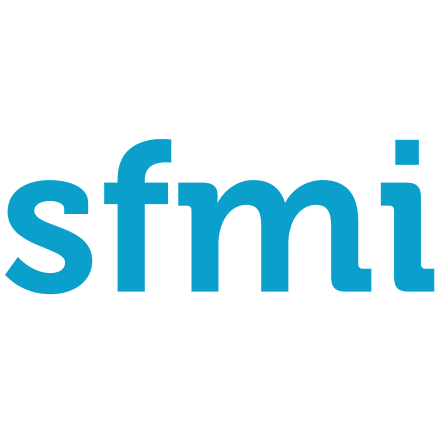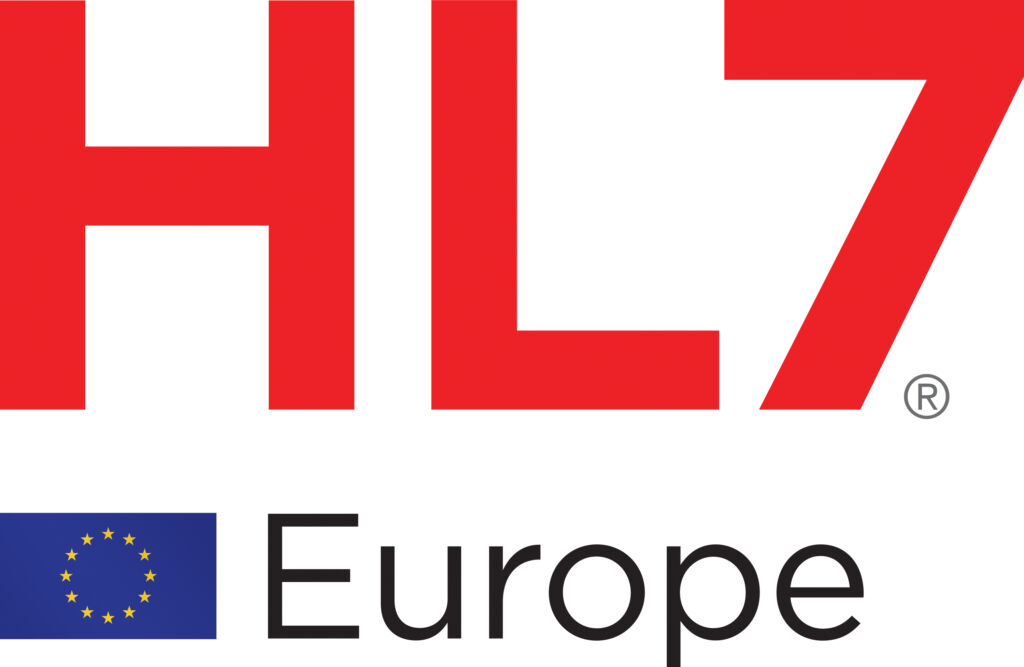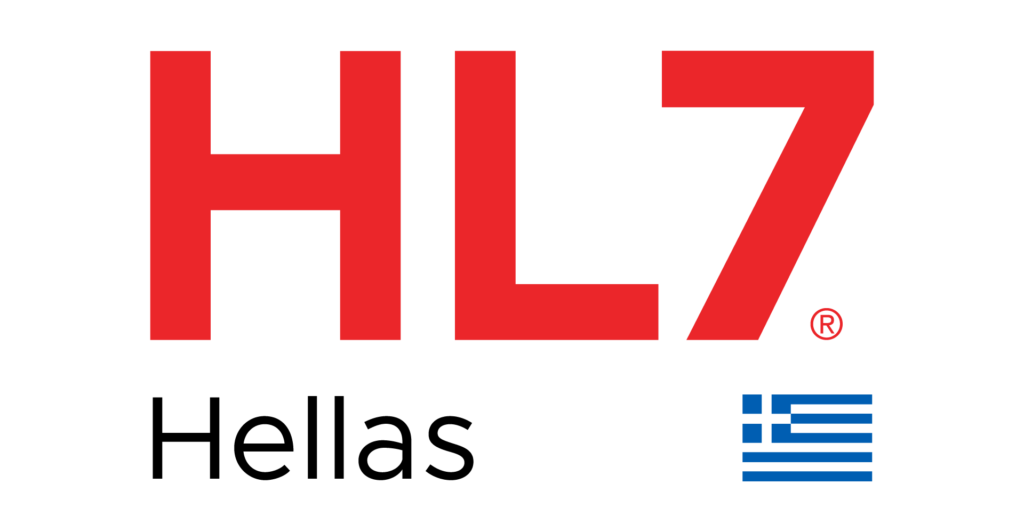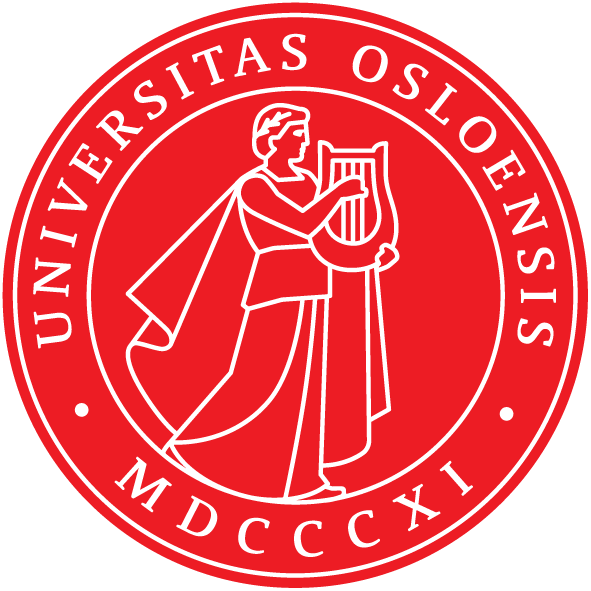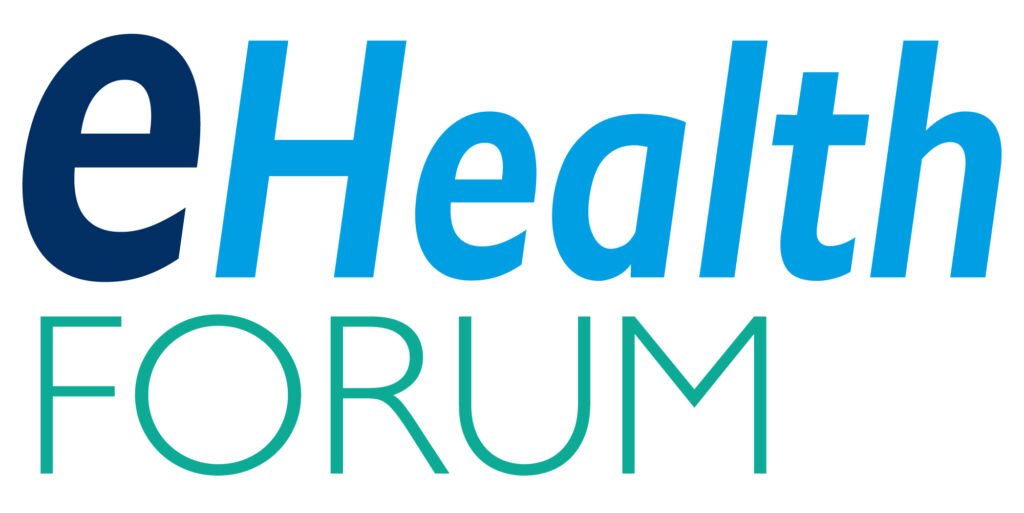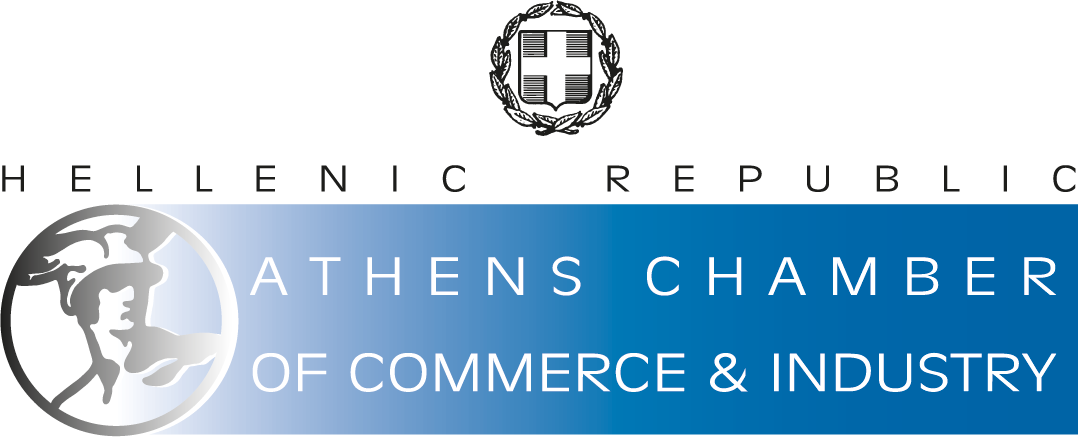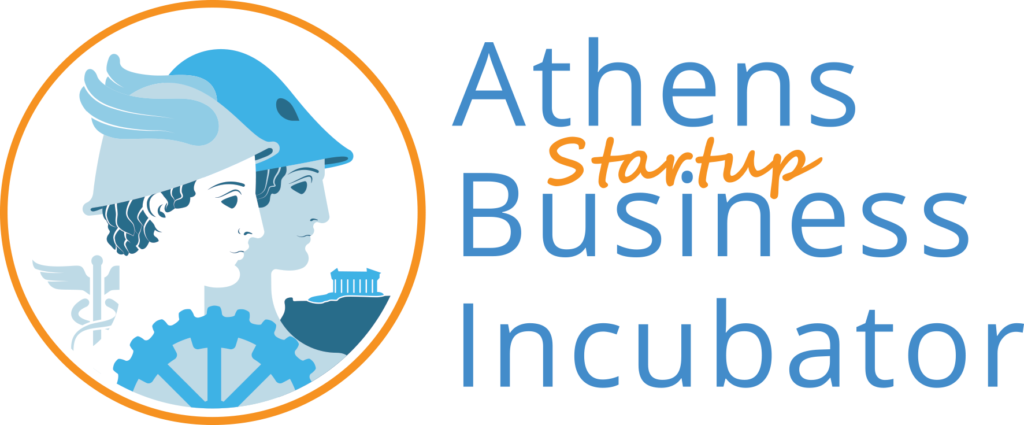
Design patient information of the future
17-19 January 2024 | Hybrid | Athens, Greece
Thank you for participating!
The 1st Gravitate Health Hackathon concluded with 150 people involved in various roles, both in Athens and remotely.
We wish to congratulate the 109 team members who worked hard during the two and a half days of the Hackathon; also, to thank our 17 Mentors who offered support to the teams, on-site and virtually.
The Hackathon could not have succeeded without the Facilitators and the Jury of 9 distinguished professionals:
Cecilia Vera Muñoz & Joao Almeida representing Gravitate-Health; and Panagiotis Bamidis, Mark Duman, Elpida Fotiadou, Hugh Glover, Elena Petelos, Christos Schizas, Panagiotis Telonis.
The winning Teams are:
Gnomon – Univ. of Thessaly Team, Greece
“ADHW PRIZE”
offered by HL7 Hellas
2000€
CERTH – ITI Team, Greece
offered by
the University of Oslo
1000€
Code Creators Team, Brazil
offered by
eHealth Forum
500€
STAY CONNECTED
We are excited to announce that, in view of the great interest for the Hackathon we are creating a Gravitate Health Hackathon Community to exchange learnings and ideas and set the way for the second Hackathon next year!
Are you interested in joining our Community and ‘design patient information of the future?’
Follow us on social media or contact us:
The Gravitate Health project, now in its third year, has already developed a federated open-source platform (FOSP) that is currently still in development. The goal of Gravitate Health is to empower and equip Europeans with health information for active personal health management and adherence to treatment.
Visit Gravitate Health‘s website to Learn more about the project:
The Hackathon provides a great opportunity to showcase the platform and invite participants to test its usability or build on it and contribute to its improvement. Constructive feedback will be valuable to the FOSP’s further development to serve its goals and new ideas may speed up its development.
The ePI (electronic product information), interoperability, and the FHIR standard are in the center of development of the FOSP, one of the main outputs of Gravitate Health.
Among the aims of the project is also to stimulate public-private partnerships to:
(i) Create market-specific applications which can accommodate specific needs of national or local ecosystems.
(ii) Build commercial solutions to serve specific disease areas and add value to the platform.
The Hackathon is held within the ‘Athens Digital Health Week‘ conferences as a hybrid event, at the Royal Olympic Hotel in the heart of Athens close to the Acropolis.
‘Athens Digital Health Week‘ comprises several parallel events where experts on digital health gather in Athens from around the world to share knowledge and practices with the goal to further advance eHealth in Europe (HL7 Europe working group meetings, HL7 Hellas Digital Day, HL7 Europe Affiliate meeting, IHE Europe and IHE Catalyst meetings, EU projects networking events, 1st Gravitate Health Hackathon).
Remote participation to the Hackathon is open and we encourage individuals to join online or even teams to form in remote locations and connect to the event in Athens.
CHALLENGE 1: Identify rules to personalise patient information
Create a structured representation of the information contained within the unstructured text of a product information digital leaflet, making it easier to analyse, search, and understand.
ePIs (“electronic product information”, i.e. digital versions of product information leaflets or package inserts for medicinal products) need to be semantically annotated. This is the process of identifying and labelling important concepts, entities, and relationships within a given piece of text. This processing will allow the patient information to become relevant for a patient when combined with his/her condition and preferences and transform it to “personalized patient information”.
In brief, the challenge is to create ePI preprocessing modules which―given a FHIR format ePI―will automatically add annotations to the content, keeping it in FHIR format for later use in the focusing mechanism.
CHALLENGE 2: Design aligned medicine information visualisations for patients
Develop G-lenses (a ‘G-lens’ is a piece of code which encodes certain knowledge required to better adapt the content of product information) using:
(1) the Gravitate Health FOSPS*,
(2) ePIs with embedded semantic annotations (using standard terminologies such as SNOMED-CT, LOINC, ICD 10, iCPC-2),
(3) a persona vector i.e., the information relevant to the patient’s health in an International Patient Summary-IPS, and
(4) the patient’s current context and preferences, create a lens that effectively and optimally adapts the content to preferences and context to provide the patient with relevant information about his/her medicines.
*FOSPS: federated open-source platform services
- i) A theoretical model may also be accepted as a solution.
- ii) All personas created within Gravitate Health project will be available for the Hackathon.
Read the detailed descriptions here:
Subscribe to our newsletter
Twitter Feed
Supported by a grant from IMI
This project has received funding from the Innovative Medicines Initiative 2 Joint Undertaking (JU) under grant agreement No 945334. The JU receives support from the European Union’s Horizon 2020 research and innovation programme, the European Federation of Pharmaceutical Industries and Associations [EFPIA], and Datapharm Limited. The total budget is 18.5M€ for a project duration of 60 months.
Disclaimer:
Information on this website reflects Project owner’s views and neither IMI nor the European Union, EFPIA, or or Datapharm Limited are liable for any use that may be made of the information contained herein.
